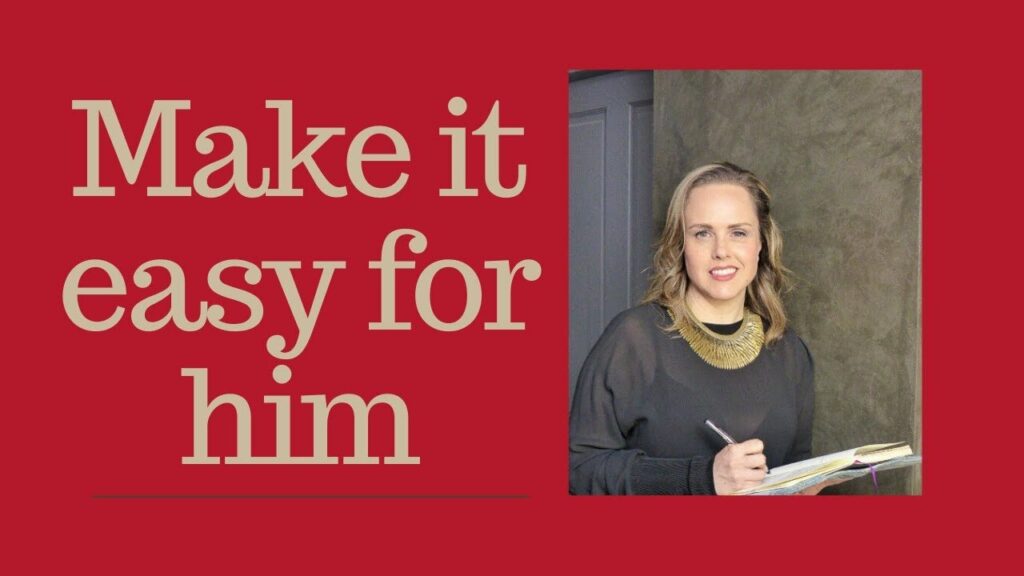You, no doubt, like to do a bit of ‘due diligence’ when facing a challenge. This is particularly true when your impostor syndrome rears its head. In my due diligence to prepare for a short interview with Kaye Adams on BBC Radio Scotland, I searched beyond the attention-grabbing headline of ‘Bluffing is a Sign you are Clever’.
Given my focus in ‘The Con Job’, that’s the story Kaye wanted to discuss. Indeed, she set it up for me to debate with a man who actually finished his main points about the utility in bluffing by citing that he thought ‘women were better liars’! Charming – particularly for all of us women in male-dominated sectors.
However, like many of my clients I knew that to prepare and get over my impostor syndrome, I needed to ensure I understood the original source research that inspired that headline, erroneously linking ‘cleverness’ and being adept at BS. What emerged was that while it seems bluffing or ‘BS’ meant you were also smart, the Canadian researchers didn’t actually test how smart people were. Instead they worked based on how smart external observers assumed them to be.
Assuming something about another’s intelligence a common mistake, but one that was somehow lost in the sharing of the research in the headlines. In fact, those assumed to be the smartest were actually fairly modest about how much bluffing they did.
Instead, where they were smart: they seemed to do a better job ‘ knowing their audience’. This meant they could more accurately judge what they could actually get away with! That’s a self-awareness I talk about in the ‘The Con Job’ – something we don’t praise frequently enough! So, for me, based on this research, I’d advise those with impostor syndrome not to aim for comfort in BS – as that’s not useful for any of us – even those of us with impostor syndrome.
Instead, based on what was interpreted as intelligence, I’d instead advise women in male-dominated sectors, to focus on becoming more competent and skilled only at:
1. Story-telling skills
2. Verbal articulation
3. Creative-thinking
Those killer three skills (as opposed to BS) will always serve you well in any context, like they do for my coaching clients. They’ll make any discussion or even corporate presentation more engaging. Plus they’ll keep you focused on what all need – more honesty! You can check out the 7 minutes with Kay, via the video below.


